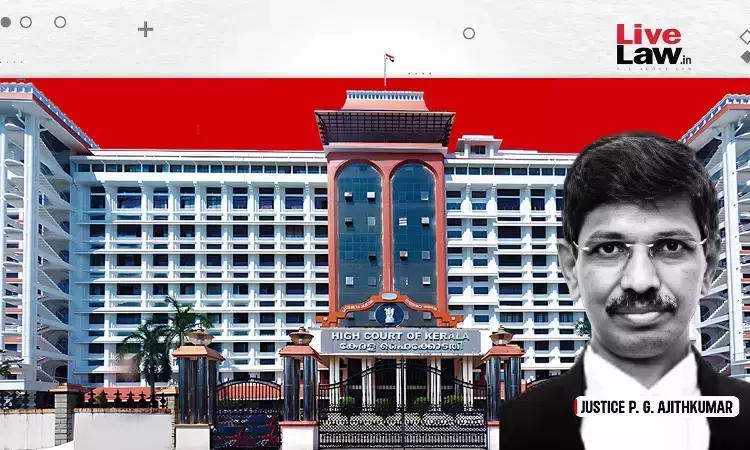When There Is No Appeal Provision Provided By Law, Judgment Made In Appeal Is Non-Est: Kerala High Court
Tellmy Jolly
15 Nov 2024 1:53 PM IST

Next Story
15 Nov 2024 1:53 PM IST
The Kerala High Court stated that when there is no appeal provision given in law, then the judgment made in appeal was non-est in law and could be ignored.The Court was considering the challenge against an order issued by the Sessions Judge, dismissing Magistrate's order when there was no provision provided for appeal. Justice P .G. Ajithkumar stated that the Sessions Judge committed an error...
